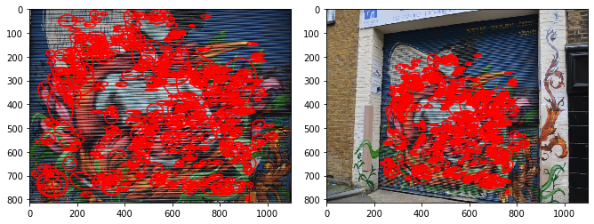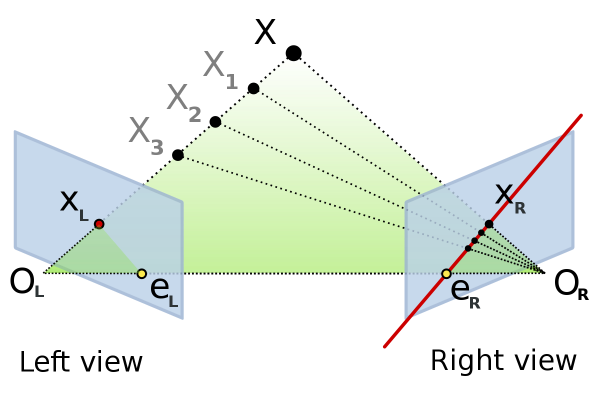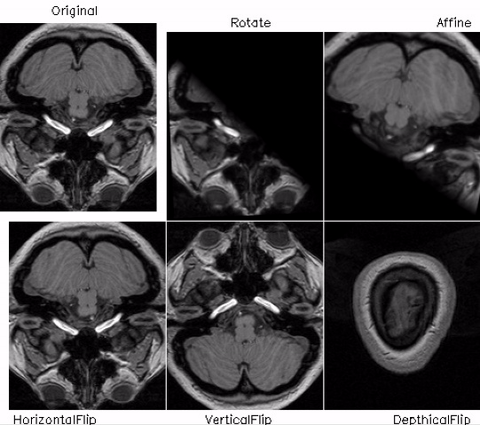Kornia v0.4.0 release
3D augmentations, volumetric data, local features matching, homographies and epipolar geometry.
Kornia team is happy to announce the release for v0.4.0.
We are releasing a new version for Kornia that includes different functionalities to work with 3D augmentations and volumetric data, local features matching, homographies and epipolar geometry.
In short, we list the following new features:
- Support for PyTorch v1.6.0.
- Local descriptors matching, homography and epipolar geometry API.
- 3D augmentations and low-level API to work with volumetric data.
Local features matching
We include an kornia.feature.matching API to perform local descriptors matching such classical and derived version of the nearest neighbor (NN).

import torch
import kornia as K
desc1 = torch.rand(2500, 128)
desc2 = torch.rand(2500, 128)
dists, idxs = K.feature.matching.match_nn(desc1, desc2) # 2500 / 2500x2
Homography and epipolar geometry
We also introduce kornia.geometry.homography including different functionalities to work with homographies and differentiable estimators based on the DLT formulation and the iteratively-reweighted least squares (IRWLS).

import torch
import kornia as K
pts1 = torch.rand(1, 8, 2)
pts2 = torch.rand(1, 8, 2)
H = K.find_homography_dlt(pts1, pts2, weights=torch.rand(1, 8)) # 1x3x3
In addition, we have ported some of the existing algorithms from opencv.sfm to PyTorch under kornia.geometry.epipolar that includes different functionalities to work with Fundamental, Essential or Projection matrices, and Triangulation methods useful for Structure from Motion problems.
3D augmentations and volumetric
We expand the kornia.augmentaion with a series of operators to perform 3D augmentations for volumetric data.

In this release, we include the following first set of geometric 3D augmentations methods:
- RandomDepthicalFlip3D (along depth axis)
- RandomVerticalFlip3D (along height axis)
- RandomHorizontalFlip3D (along width axis)
- RandomRotation3D
- RandomAffine3D
The API for 3D augmentation work same as with 2D image augmentations:
import torch
import kornia as K
x = torch.eye(3).repeat(3, 1, 1)
aug = K.augmentation.RandomVerticalFlip3D(p=1.0)
print(aug(x))
tensor([[[[[0., 0., 1.],
[0., 1., 0.],
[1., 0., 0.]],
<BLANKLINE>
[[0., 0., 1.],
[0., 1., 0.],
[1., 0., 0.]],
<BLANKLINE>
[[0., 0., 1.],
[0., 1., 0.],
[1., 0., 0.]]]]])
Finally, we also introduce a low level API to perform 4D features transformations kornia.warp_projective and extending the filtering operators to support 3D kernels kornia.filter3D.
More 2d operators
We expand as well the list of the 2D image augmentations based on the paper AutoAugment: Learning Augmentation Policies from Data.
- Solarize
- Posterize
- Sharpness
- Equalize
- RandomSolarize
- RandomPosterize
- RandomShaprness
- RandomEqualize
Please, do not hesitate to check the release notes on GitHub to learn about the new library features and get more details.
Have a happy coding day ![]()
The Kornia team